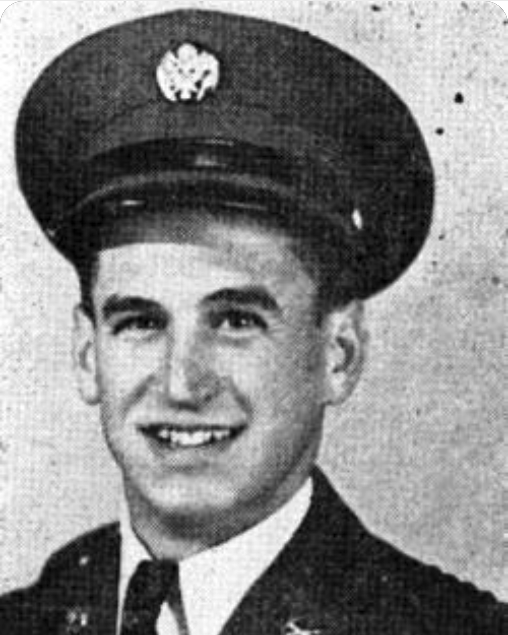Alvin P Carey
Alvin was born on the 16th of August 1916, in the southwestern Pennsylvania town of Lycippus. He was very young when his father died and he and his sister grew up in the nearby town of Laughlintown, where he enjoyed hunting, fishing, baseball, and football. After high school, he worked on a farm and also worked construction for about six years. It was on the 24th of January 1941, that Alvin enlisted in the US Army, and about a year and a half later, he was married to Anna Mae. When he deployed to Europe in support of World War 2, he did so as part of the invasion of France. Alvin landed on the 7th of June 1944, with the 2nd Infantry Division, and was wounded within one month. Alvin returned to the front lines after a brief recovery and it was his actions while helping to capture the French town of Brest that would cost him his life and earn him the Medal of Honor. The citation reads:
For conspicuous gallantry and intrepidity at the risk of his life, above and beyond the call of duty, 23 August 1944. SSgt. Carey, leader of a machine-gun section, was advancing with his company in the attack on the strongly held enemy hill 154, near Plougastel, Brittany, France. The advance was held up when the attacking units were pinned down by intense enemy machine-gun fire from a pillbox 200 yards up the hill. From his position covering the right flank, SSgt. Carey displaced his guns to an advanced position and then, upon his own initiative, armed himself with as many hand grenades as he could carry and without regard for his personal safety started alone up the hill toward the pillbox. Crawling forward under its withering fire, he proceeded 150 yards when he met a German rifleman whom he killed with his carbine. Continuing his steady forward movement until he reached grenade-throwing distance, he hurled his grenades at the pillbox-opening in the face of intense enemy fire which wounded him mortally. Undaunted, he gathered his strength and continued his grenade attack until one entered and exploded within the pillbox, killing the occupants and putting their guns out of action. Inspired by SSgt. Carey's heroic act, the riflemen quickly occupied the position and overpowered the remaining enemy resistance in the vicinity.
It would take almost a month for the German to surrender the city, after destroying everything and rendering the port city useless to the Allies. Alvin was initially interred at a military cemetery in France and his wife received his Medal of Honor from President Truman on the 21st of May 1945. Three years later, Alvin Philip Carey was brought back to the States, and he is buried in the Ligonier Valley Cemetery, in Ligonier, Pennsylvania: Section K, Lot 24.




